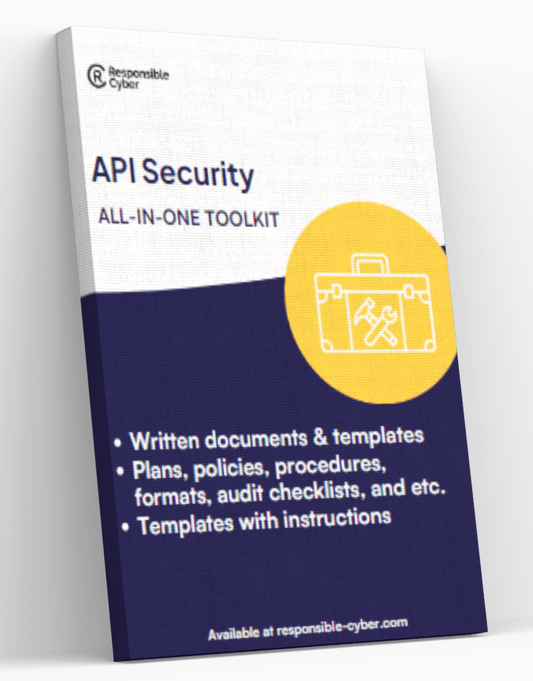What Should You Learn First in Cybersecurity?

Entering the field of cybersecurity can be both exciting and overwhelming, given its vast scope and rapid evolution. Knowing where to start is crucial for building a strong foundation and progressing effectively. This article outlines the fundamental topics and skills you should learn first in cybersecurity, providing a roadmap for beginners to navigate this complex and rewarding field.
1. Basic Computer and Networking Concepts
Overview
A solid understanding of basic computer and networking concepts is essential for anyone entering cybersecurity. These fundamentals provide the foundation for understanding how systems and networks operate and where vulnerabilities may exist.
Key Topics
- Operating Systems: Learn the basics of different operating systems, especially Windows, Linux, and macOS. Understanding file systems, processes, and permissions is crucial.
- Networking: Study the fundamentals of networking, including the OSI model, IP addresses, subnets, and common protocols like TCP/IP, HTTP, and DNS.
- Command Line: Get comfortable with the command line interface (CLI) in both Windows (Command Prompt and PowerShell) and Linux (Bash).
Why It Matters
Understanding how computers and networks function is critical for identifying and addressing security issues. These basics are the building blocks upon which all other cybersecurity knowledge is built.
Recommended Resources
- Networking Basics on Cisco Networking Academy
- Operating Systems Course on Coursera
- The Linux Command Line Book by William Shotts
2. Cybersecurity Fundamentals
Overview
Before diving into specialized areas, it’s important to grasp the fundamental concepts of cybersecurity. This includes understanding the types of threats, attack vectors, and basic defense mechanisms.
Key Topics
- Threats and Vulnerabilities: Learn about different types of cyber threats (malware, phishing, DDoS attacks) and vulnerabilities that can be exploited.
- Basic Security Principles: Study the core principles of cybersecurity, such as confidentiality, integrity, and availability (CIA Triad).
- Risk Management: Understand the basics of risk assessment, mitigation strategies, and the importance of maintaining a security posture.
Why It Matters
Knowing the fundamental principles of cybersecurity helps you understand the nature of the threats you will be defending against and the basic strategies to mitigate these risks.
Recommended Resources
3. Learn About Cyber Attacks and Defenses
Overview
To effectively protect systems and networks, you need to understand how cyber attacks are carried out and the methods used to defend against them.
Key Topics
- Common Attack Techniques: Study various attack techniques, such as SQL injection, cross-site scripting (XSS), buffer overflow, and social engineering.
- Defensive Strategies: Learn about firewalls, intrusion detection/prevention systems (IDS/IPS), antivirus software, and encryption.
- Incident Response: Understand the steps involved in responding to a cyber incident, including identification, containment, eradication, recovery, and lessons learned.
Why It Matters
Understanding both offensive and defensive techniques is crucial for developing effective security measures and responding to incidents when they occur.
Recommended Resources
- OWASP Top Ten
- Practical Malware Analysis Book by Michael Sikorski and Andrew Honig
- Incident Response & Computer Forensics Book by Jason T. Luttgens, Matthew Pepe, and Kevin Mandia
4. Programming and Scripting
Overview
While not mandatory for all cybersecurity roles, having programming and scripting knowledge can significantly enhance your ability to analyze and automate security tasks.
Key Topics
- Python: A versatile language widely used in cybersecurity for scripting and automation.
- Bash: Essential for scripting in Unix/Linux environments.
- PowerShell: Useful for automation and scripting in Windows environments.
Why It Matters
Programming skills allow you to automate repetitive tasks, develop custom security tools, and better understand the software you are protecting.
Recommended Resources
- Automate the Boring Stuff with Python
- Bash Scripting Tutorial
- Learn Windows PowerShell in a Month of Lunches
5. Hands-On Practice
Overview
Practical, hands-on experience is invaluable in cybersecurity. Setting up labs and engaging in practical exercises helps reinforce theoretical knowledge and develop practical skills.
Key Activities
- Virtual Labs: Use platforms like TryHackMe, Hack The Box, and CyberSec Labs to practice real-world hacking and defense scenarios.
- Home Lab: Set up a home lab environment using virtual machines to experiment with different security tools and techniques.
- Capture the Flag (CTF) Competitions: Participate in CTF competitions to solve security challenges and gain practical experience.
Why It Matters
Hands-on practice allows you to apply what you’ve learned in real-world scenarios, improving your problem-solving skills and preparing you for actual cybersecurity tasks.
Recommended Platforms
6. Join the Cybersecurity Community
Overview
Engaging with the cybersecurity community helps you stay updated on the latest trends, share knowledge, and learn from others’ experiences.
Key Actions
- Attend Conferences: Participate in cybersecurity conferences like DEF CON, Black Hat, and RSA Conference.
- Join Forums and Groups: Engage in discussions on forums like Reddit’s r/cybersecurity and online groups on LinkedIn.
- Follow Thought Leaders: Follow cybersecurity experts and organizations on social media platforms like Twitter.
Why It Matters
Being part of a community provides support, resources, and networking opportunities, helping you grow both professionally and personally in the field of cybersecurity.
Recommended Resources
Starting your journey in cybersecurity requires a strong foundation in basic computer and networking concepts, understanding the fundamentals of cybersecurity, learning about cyber attacks and defenses, gaining programming skills, engaging in hands-on practice, and joining the cybersecurity community. By following this roadmap, you can build the knowledge and skills necessary to succeed in this dynamic and critical field. Remember, continuous learning and staying updated with the latest developments are key to becoming a proficient cybersecurity professional.











